The Industrial Worker, 1840-1860: The Reaction of American Industrial Society to the Advance of the Industrial Revolution
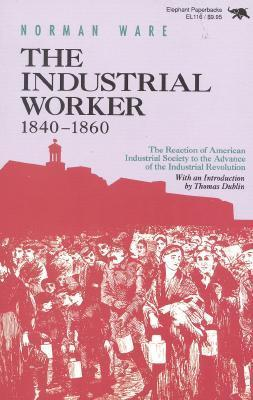
Summary
Besides the slavery issue, one of the major notes of American life in the years preceding the Civil War was created by the Industrial Revolution. It produced remarkable social and industrial upheavals which were repugnant to an astonishingly large numbers of Americans. Despite national prosperity, industrial workers suffered severe losses of economic status and independence; in protests grounded in religion and politics, they sought to hold on to what they had, and later to win material gains. Mr. Ware's illuminating book analyzes the conditions which brought on the Industrial Revolution, and traces and interprets the labor struggles that developed in response to the factory system.
Similar Books
-
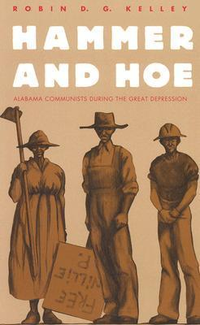 Hammer and Hoe: Alabama Communists During the Great Depression
Hammer and Hoe: Alabama Communists During the Great Depressionby Robin D.G. Kelley
-
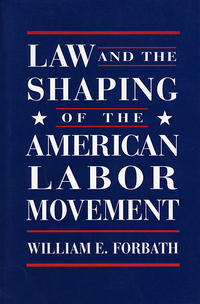 Law and the Shaping of the American Labor Movement
Law and the Shaping of the American Labor Movementby William E. Forbath
-
 Gendered Strife and Confusion: The Political Culture of Reconstruction
Gendered Strife and Confusion: The Political Culture of Reconstructionby Laura F. Edwards
-
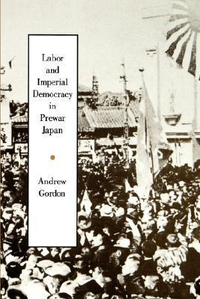
-
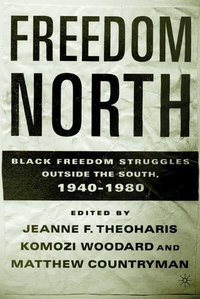 Freedom North: Black Freedom Struggles Outside the South, 1940-1980
Freedom North: Black Freedom Struggles Outside the South, 1940-1980by Jeanne F. Theoharis
-
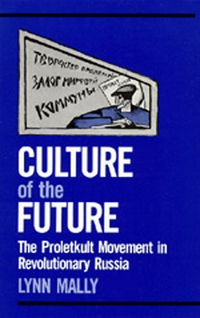
-
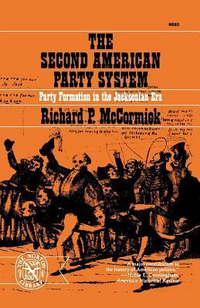 The Second American Party System: Party Formation in the Jacksonian Era
The Second American Party System: Party Formation in the Jacksonian Eraby Richard P. McCormick
-
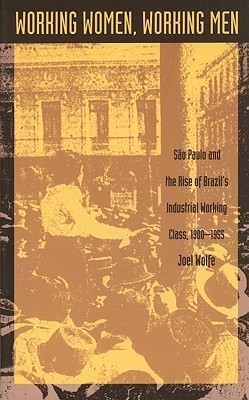
-
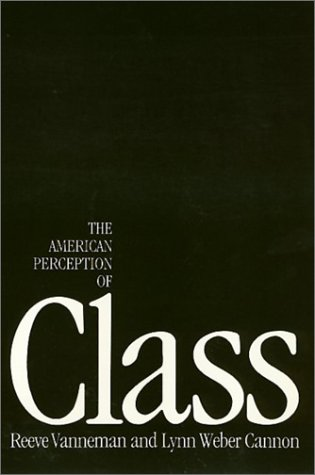 The American perception of class
The American perception of classby Reeve Vanneman
-
 The American Perception of Class
The American Perception of Classby Reeve Vanneman
-
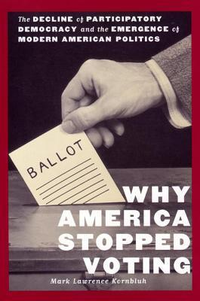
-
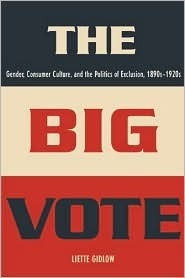
-
 Workers or Citizens: Democracy and Identity in Rosario, Argentina 1912-1930
Workers or Citizens: Democracy and Identity in Rosario, Argentina 1912-1930by Matthew B. Karush